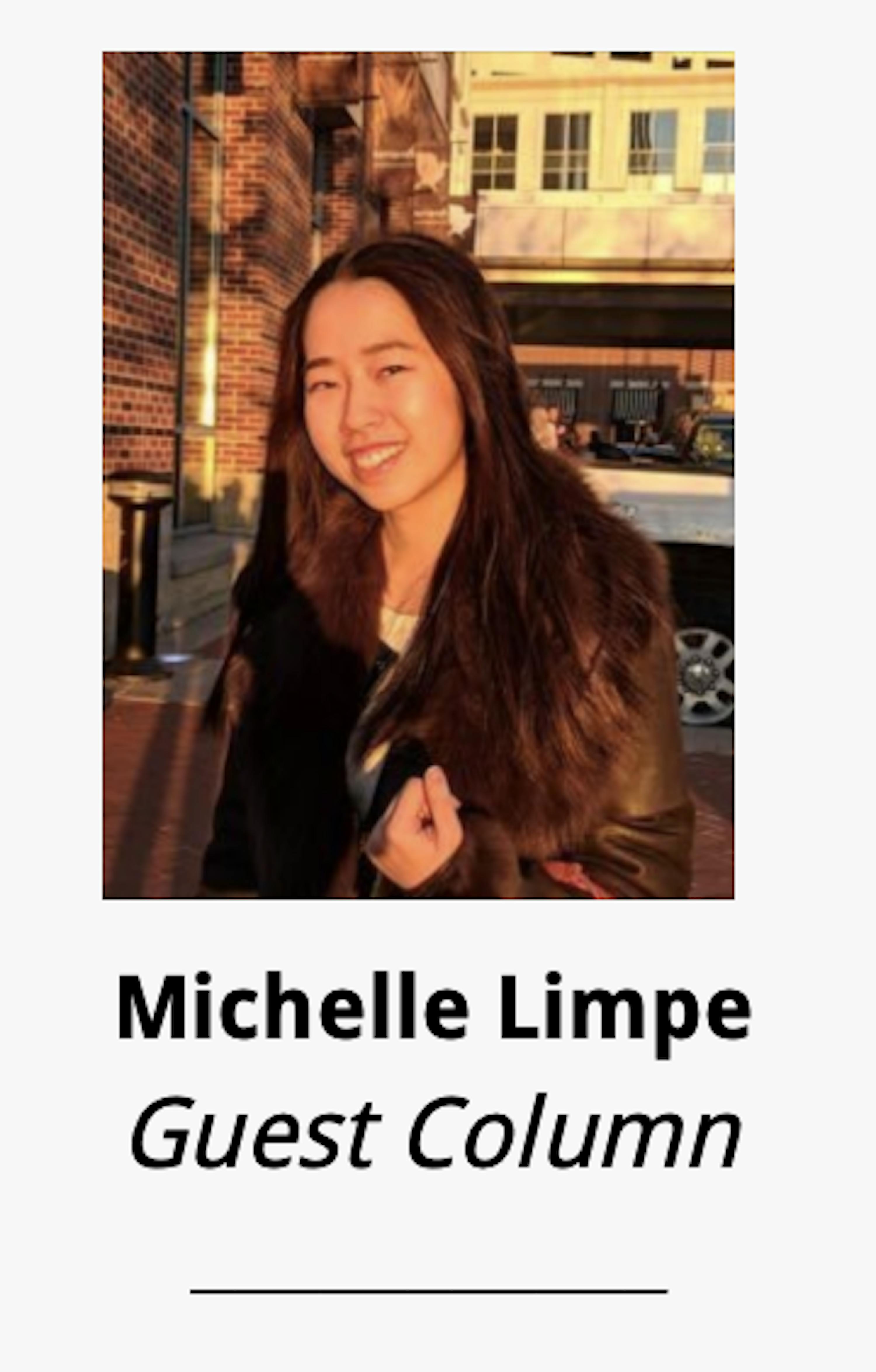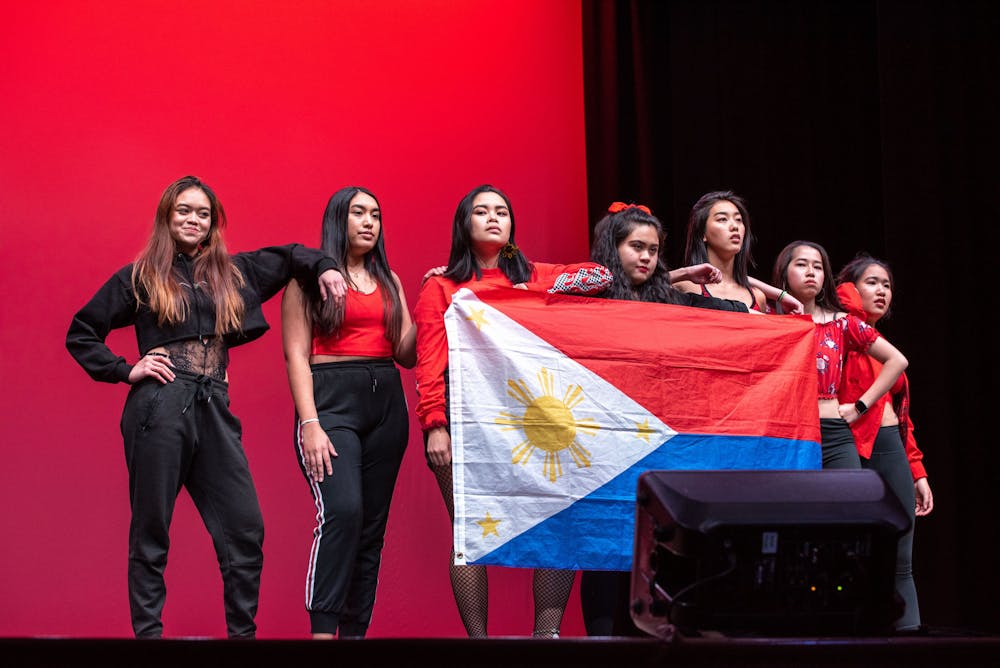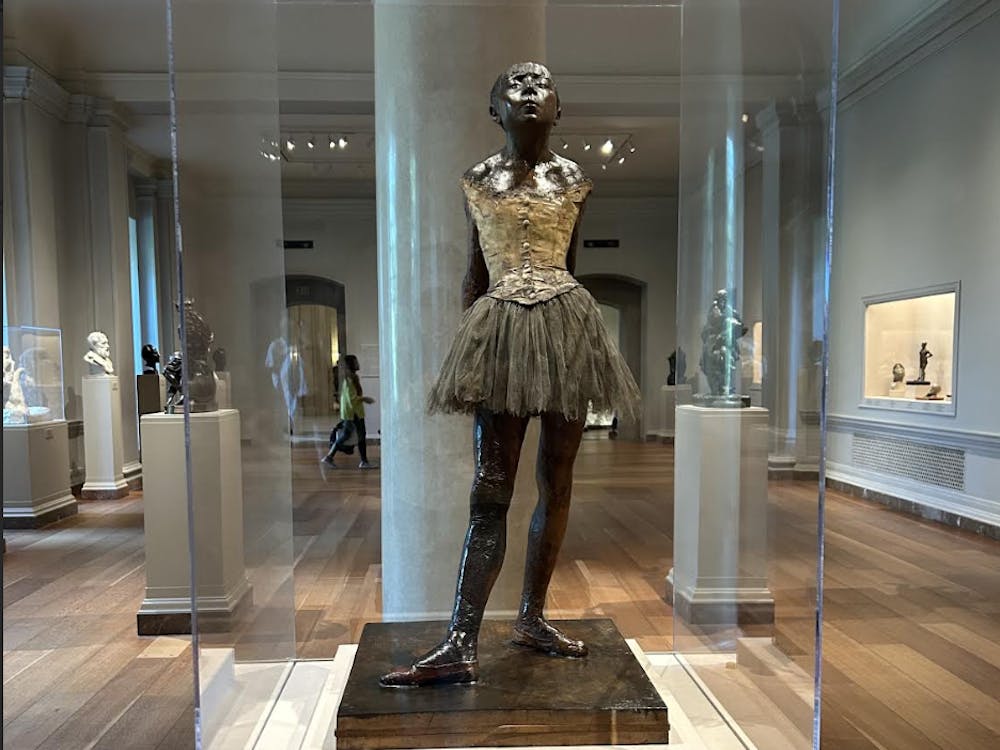
This summer, on June 12 — which coincided with Philippines Independence Day — Netflix released a much-awaited special by Filipino American comedian Jo Koy. My family and I, fans of comedy, were so excited to watch it. I had watched some of Koy’s previous shows and always loved his performances.
His sets never failed to be raw, genuine and relatable to the Filipino people, especially with his imitations of their (our?) culture. And of course, as a Filipino, I looked forward to watching his shows because I thought I had a genuine connection to the jokes and could relate to them. After all, I did grow up in the Philippines my whole life. I am a Filipino Chinese American. That is my identity, right?
But after watching the show, I came to the conclusion that I wasn’t laughing because I personally related to Koy’s jokes. I was laughing because his jokes fit the Filipino stereotype that I often heard other people describe. Koy’s sets often referenced these stereotypes, with jokes about Filipinos being driven toward a career path in nursing by their parents, imitations of his mother’s Filipino accent and descriptions of the remote provinces where his family hailed from.
However, I never saw these stereotypes or circumstances reflected in my family. That’s the conundrum. We did have big family reunions with extended family, and my family did speak Filipino, but our main languages were primarily English and Fukien. Instead of the mano po gesture typical of Filipinos, we made beso with our elders as a sign of respect.
Rather than nursing, my grandparents pushed my dad and his siblings to take up business in university because they had to take over our family businesses and franchises. I rarely hear and see the accents and mannerisms Koy impersonates in my own family members. Additionally, my family and I are only centered in Metro Manila, and all I know of the Philippines are city life and beaches. I am actually sad to admit that I have hardly traveled around the Philippines, especially not to the more provincial areas, because my family would always opt to go abroad instead. We do not have roots here. In fact, if you were to trace back my roots, you would actually find our ancestral house in Xiamen, China.
So, what does that mean for me? Is my culture more of a mixture of both Chinese and Filipino cultures? While this is definitely reflected in some of my family traditions, such as annual mooncake game reunions and red envelopes during birthdays, there is an entirely different social Chinese-Filipino community here that I feel alienated from as well.
In my opinion, a part of the issue is that I had a different idea of my identity the whole time I was growing up. At the forefront, I viewed my life as Westernized since I went to an international school, and my friends, family and I followed U.S. shows and media rather than Filipino telenovelas and celebrities. The Philippines on its own is already heavily influenced by American trends. Most importantly, my first language, one of the most prominent ties to culture, was English. We always spoke it at home, and it came much more naturally to me. Once I was older, I had to make a huge effort to actually learn Filipino and Mandarin.
I thought that at Hopkins, I would be able to understand my culture a bit better by joining the Filipino Students Association. I did to some extent, but in a different way than I expected. For one, I realized that Filipino Americans have also lived a different variant of the Filipino culture.
I found that there are some elements of our supposedly shared culture that I did not personally relate to, but I became much more exposed to movements initiated by Filipino Americans to educate others about the devastations that wreck our country. Back home, I merely viewed the political turmoil as just a part of life that could only get worse. But it was heartening to see people put so much care into attempting to educate others about a country so far away.
In the past three weeks alone, the Philippines has been wrecked by two of the strongest typhoons of this year — Typhoon Goni (Rolly) and Typhoon Vamco (Ulysses) — that have brought some of the strongest rains since 2009. With towns flooded and lives lost, many hearts and minds are rightfully angry at the government for not doing its job right. As always, people here at home have come together to help those in need, but they are also simultaneously demanding the government for competence and accountability.
Moments like these remind me that no matter what I identify myself as — Filipino or Chinese or American — I am thankful to have been able to finally recognize and appreciate the resiliency through our heritage.
In my 19 short years here, I have come to realize that culture itself is a flexible and non-rigid concept, and different manifestations of one culture can exist as it has in my own life.
When reflecting on these sentiments, my conclusion remains to be that I am a mix of all the cultural and social factors that I identify with. I no longer want to feel like an outsider looking in at all these different traditions and wondering where I fit in. I now know that I cannot keep trying to box myself into one group but must do my best to adapt and be comfortable with the unique blend of cultures that has created my unique upbringing.
After all, as I grew up, I learned to assimilate and appreciate the diligence of the Chinese with the familial spirit of the Pinoy in my own family. By reconnecting with my culture, I have come to better understand how my past has influenced who I am today.
Michelle Limpe is a sophomore studying Chemistry and Public Health from the Philippines. In her articles, she likes to reflect on viewing life through rose-tinted glasses to give meaning to her struggles.





